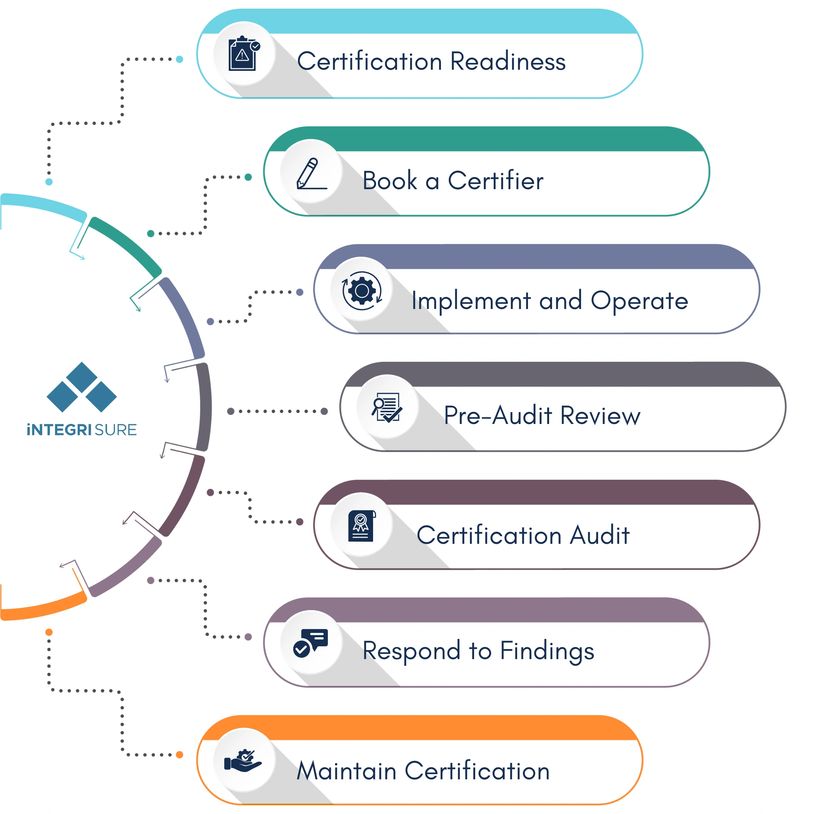
Common Questions About ISO Terms
ISO Terms Explained – A Plain Language Guide for SMEs
Navigating ISO terminology doesn’t have to be complex. Below is a simple guide to the most commonly searched ISO terms – all explained in plain English.
Use this glossary to build your knowledge, prepare for certification, or simply make sense of ISO compliance and standards.
Key Terms and Definitions
We’re always expanding this glossary. Contact us to ask your question or request a definition.
ISO certification is formal recognition that your organisation meets the requirements of an ISO standard, such as ISO 9001 (Quality) or ISO 45001 (Workplace Health & Safety). Certification is issued by a third-party auditor after a successful audit.
Learn more here.
Being ISO compliant means your organisation follows ISO principles but may not be officially certified. It’s a popular first step for SMEs.
Compliance means following the requirements of the standard, while certification is the formal process of proving this through an external audit.
An IMS brings together multiple ISO standards into one management system — such as quality, safety, and environment — for streamlined oversight.
Learn more here.
IMS certification confirms that your integrated system meets multiple ISO standards and has been audited by a certification body.
The ISO audit is a structured review of your documented systems, practices, and evidence to ensure you meet the selected standard(s). It typically involves a Stage 1 (documentation) and Stage 2 (implementation) audit.
Explore the 7 Stages of ISO Certification.
Accreditation refers to the certification body being authorised to issue ISO certificates. Organisations don’t get “accredited” — they get certified.
There is no official ISO logo or “mark” for businesses. Certified organisations receive a certificate but must follow specific rules when promoting their certification.
ISO certification offers a range of practical benefits that strengthen your organisation’s systems, credibility, and market position:
- Improves internal systems
- Enhances credibility and trust
- Required for tenders and contracts
- Demonstrates risk and quality control
Learn more here.
It typically takes 3–6 months for SMEs, depending on the size and complexity of the business and the standard being implemented.
The Triple ISO Standards
We’re always expanding this glossary. Contact us to ask your question or request a definition.
ISO 9001 is the international standard for quality management systems (QMS). It helps organisations improve consistency, customer satisfaction, and process performance.
Learn more here.
ISO 45001 is the global standard for occupational health and safety. It helps reduce risk, meet WHS obligations, and improve employee wellbeing.
Learn more here.
ISO 14001 is the international standard for environmental management systems. It helps organisations reduce their environmental impact, comply with regulations, and demonstrate a commitment to sustainability to clients, communities, and regulators.
Learn more here.
How Do I Get ISO Certified in Australia?

Still Have Questions?
Let's Help You Get Clear.
IntegriSURE
Level 1 530 Little Collins St, Melbourne VIC 3000, Australia
This website uses cookies.
We use cookies to analyse website traffic and optimise your website experience. By accepting our use of cookies, your data will be aggregated with all other user data.